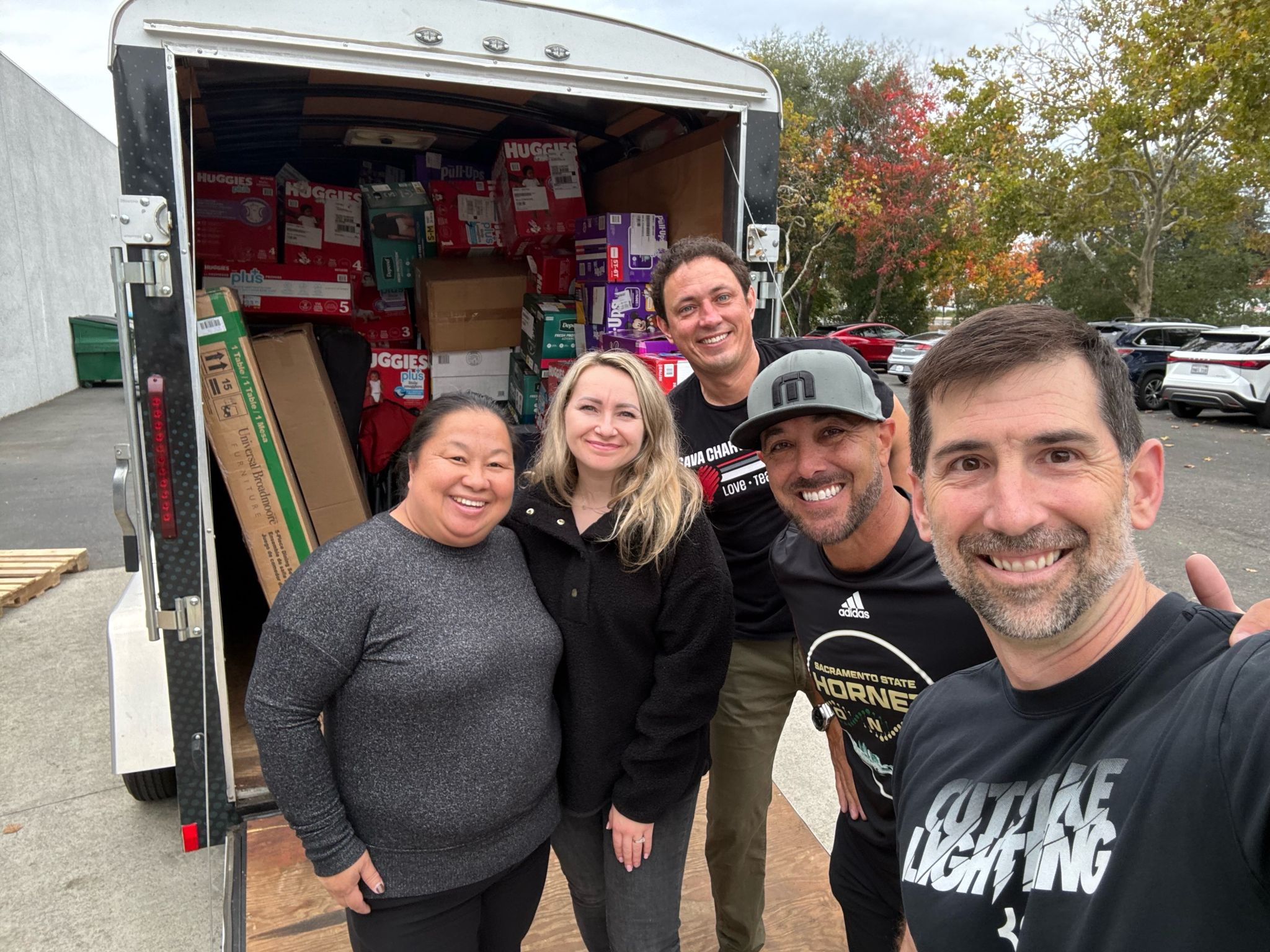A record number of California’s charter public schools—about 75% of them—are embarking on a major journey beginning this academic year. Between now and 2027, over 900 charter public schools will navigate the state’s charter renewal process.
Why so many charters?
A state law that temporarily extended charter petition expirations due to the pandemic has sunset. That means most charter public schools are heading to their local school board, county board of education, or even the CA State Board of Education to demonstrate they’re advancing the academic achievement of students to stay in operation.
Traditional public schools are not held to the same level of review and scrutiny. But because the state of California grants charter public schools more autonomy and greater flexibility, charter leaders must demonstrate they’re satisfying a set of accountability standards every few years.
The California Charter Schools Association (CCSA) has made renewals its top priority and the organization’s statewide team of advocacy leaders and renewal experts are working closely with member schools on the ground-level to support them in this process so that each one is successful in charter petition renewal proceedings.
In addition, CCSA’s expert legal team is ready to step in to ensure authorizer compliance with state laws and policies governing the renewal process. On top of that, CCSA’s Legal Defense Fund helps cover the legal costs of member schools if they need to take their fight to court to challenge the egregious and unfair denial of a charter renewal.
So far, most CCSA member schools that have been up for renewal have secured their petition. At each hearing, crowds of supporters from their respective charter school communities have attended, testifying how these charters are transforming the lives of children and making an indelible mark in their neighborhoods.
SLIDESHOW: Check out these snapshots of high-quality charter public schools making their voice heard at renewal hearings across the state!
Charter Renewal 101: What are renewals all about?
Under AB 1505 (a state law that kicked in back in 2020), charter public schools can satisfy a broader set of accountability standards to keep operating their educational programs. That means every few years, existing charter public schools go in front of the authorizer and show how they are improving teaching and learning.
This process, called the “renewal process,” is essentially the school asking its authorizer to renew its charter petition so the school can continue serving students.
AB 1505 also brought in a 3-Track Renewal System. Schools are placed into high-track, middle-track, or low-track categories based on their performance. Here’s a break down:
High-Track: Schools in this category are knocking it out of the park across all statewide school indicators, including closing achievement gaps for underserved groups. They’re rewarded with a streamlined renewal process and can get up to a 7-year renewal term.
Middle-Track: These schools are doing well on the statewide indicators but still have room for improvement. They receive up to a 5-year renewal term.
Low-Track: Schools in this group need additional support but can present alternative pieces of evidence that shows academic progress.
The stakes are high during renewal hearings, but with the right support and some serious effort, charter public schools across California will continue driving student success for years to come.


